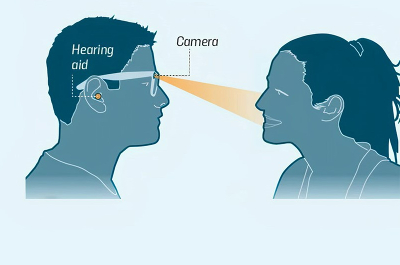Funder: ESPRC
This work is funded by the EPSRC and involves a multidisciplinary team of experts with complementary skills in cognitive data science, speech technologies, wireless communications, engineering, sensing, and clinical hearing science from Edinburgh Napier University, University of Edinburgh, University of Glasgow, University of Wolverhampton, Heriot-Watt University, University of Manchester, and the University of Nottingham. The world-class research team is complemented by clinical partners and end-users ranging from leading global Hearing Aid manufacturers (Sonova), wireless research and standardisation drivers (Nokia Bell-Labs), chip design SME (Alpha Data), national Innovation Centres (Digital Health & Care Institute (DHI), The Data Lab) and Charities (Deaf Scotland (DS) and Action on Hearing Loss).
To transform hearing care by 2050, the research project aims to completely re-think the way Hearing Aids (HAs) are designed. The transformative approach will - for the first time - draw on the cognitive principles of normal hearing. Listeners naturally combine information from both their ears and eyes: we use our eyes to help us hear. With this wearable sensors (embedded within the HA itself) will estimate listening effort and its impact on the person, and use this to tell whether the speech enhancement process is actually helping or not.